This article was published more than 5 years ago.
Along the Atlantic coast of Honduras, a battle for resources and rights is playing out on the ancestral lands of the Afro-Caribbean Garifuna people. But with the help of local human rights defenders and the support of the Fund, the tides have started to turn.
Descended from African slaves and indigenous people from the Caribbean island of Saint Vincent, an estimated 200,000 Garifuna live in Honduras today. In the early 1800s, the government of Honduras granted the Garifuna legal ownership of their land—repayment for their part in the struggle for Honduran independence.
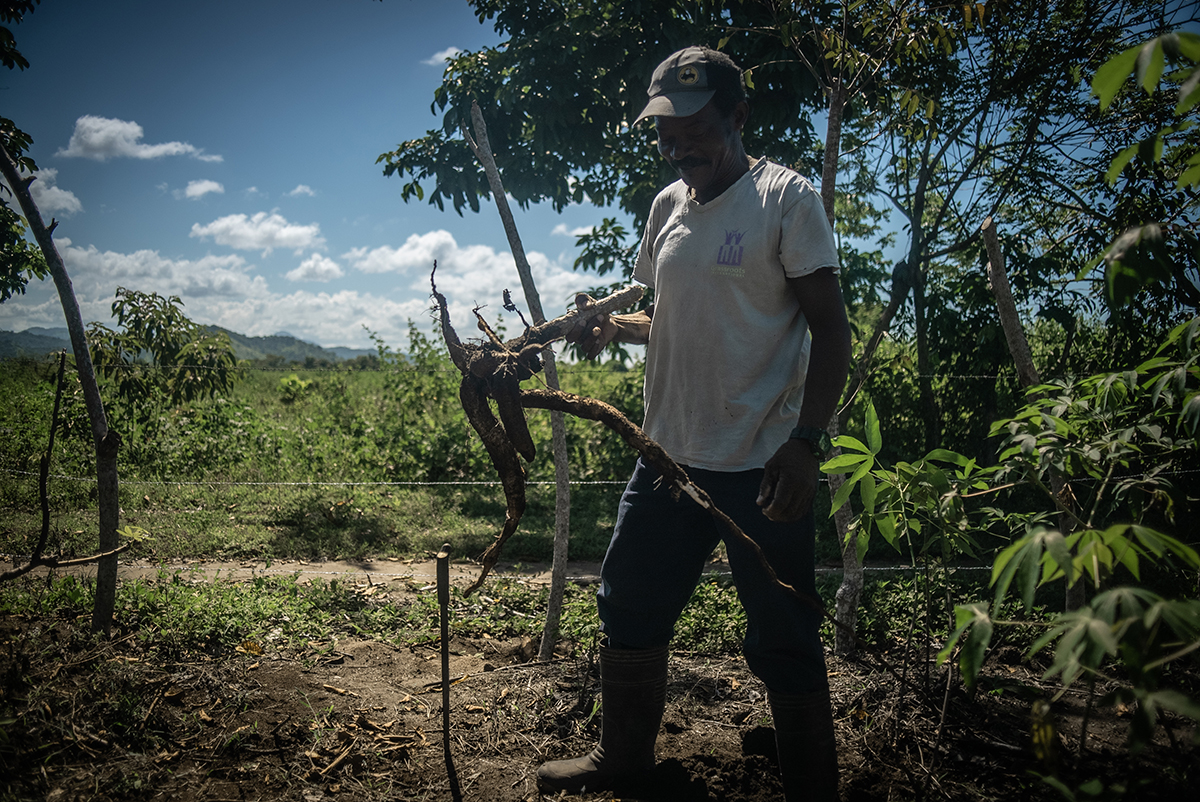
For generations, the Garifuna have depended on their land—fishing and farming to sustain their communities. But their way of life is under attack.
Since the 1990s, large development projects in Honduras—including oil palm plantations and tourist resorts—have driven many Garifuna communities from their land. Corporate interests and the Honduran state have colluded to evict Garifuna people from their ancestral lands, threatening and harassing them on a near daily basis. Drug trafficking along the Honduran coast has also brought violence and displacement to the region.
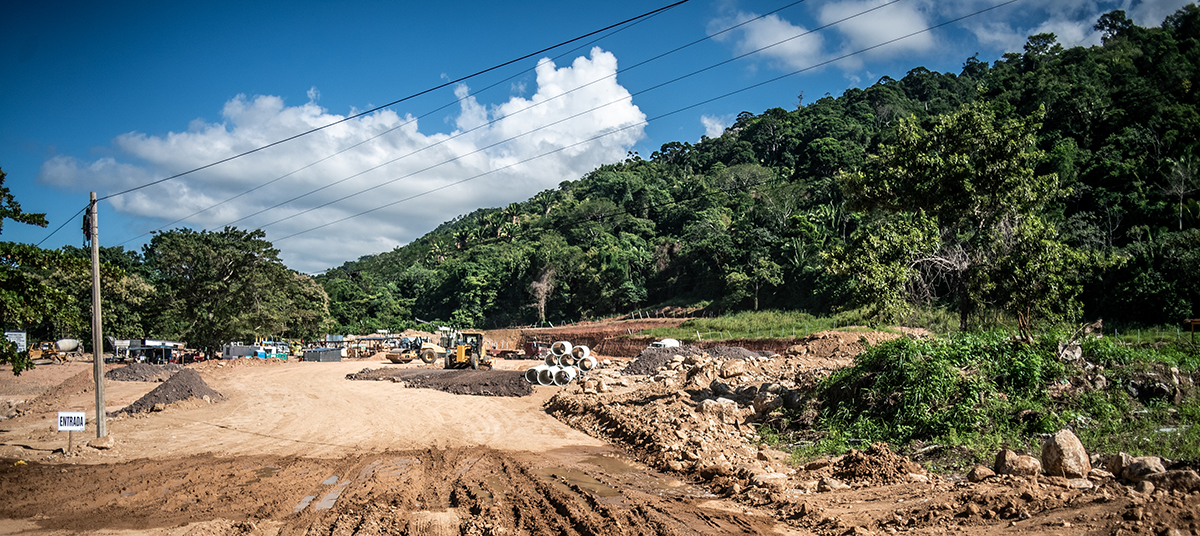
With the support of the Fund, the Organizacion Fraternal Negra Hondurena (Honduran Black Fraternal Organization, or OFRANEH) has been working for more than two decades to protect the land and resources of almost fifty indigenous Garifuna communities by educating people about their rights, training community leaders, and providing pro-bono legal assistance.
“OFRANEH plays an important role in the defense of territorial, cultural, and spiritual rights of the Garifuna people,” says Miriam Miranda, OFRANEH’s executive director. “It is the only organization working to establish a better future for the wellbeing of the Garifuna people. We are the representatives of the community.”
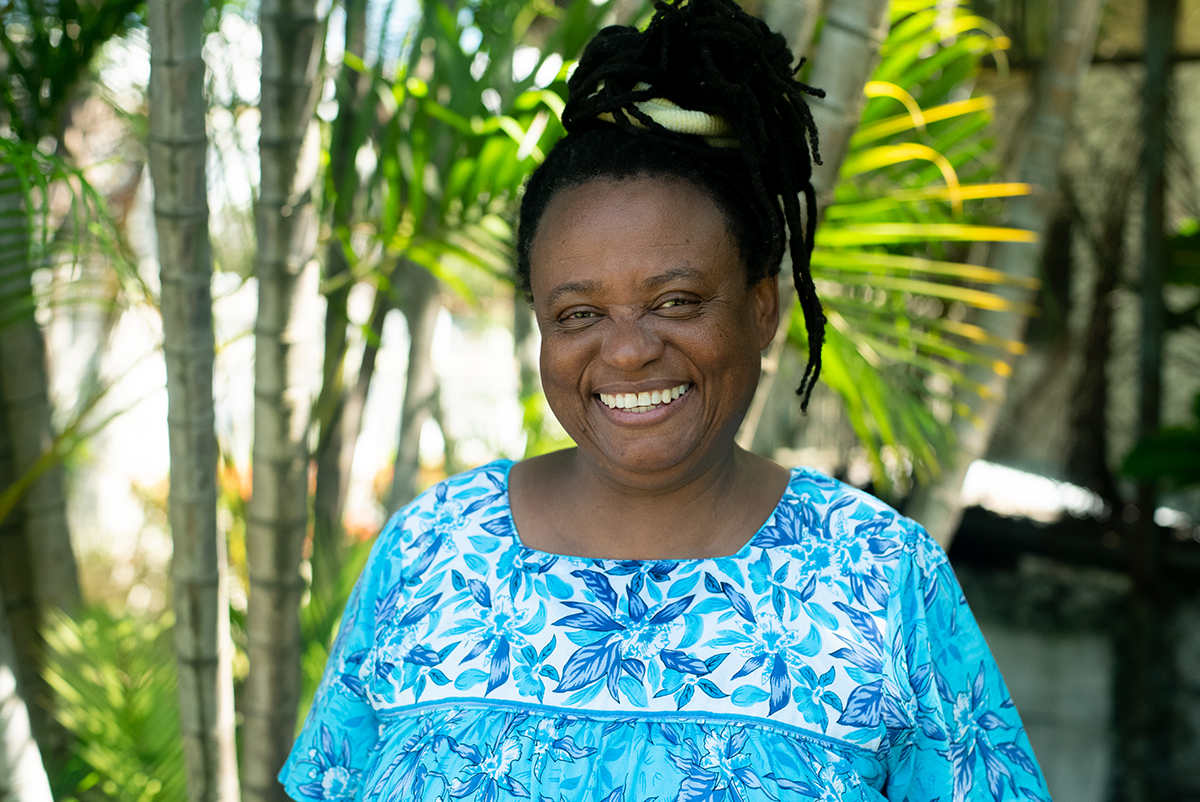
In 2003, OFRANEH petitioned the Inter-American Commission on Human Rights, part of the Organization of American States, to present three of the Garifuna’s cases to the Inter-American Court of Human Rights. Their complaints detailed years of human rights abuses in three communities at the hands of the Honduran state and corporate actors.
The Garifuna claimed they had not provided “free, prior, and informed consent” before development projects took place. Article 10 of the United Nations Declaration on the Rights of Indigenous Peoples states that “indigenous peoples shall not be forcibly removed from their lands or territories” and that “no relocation shall take place without the free, prior and informed consent.”
Free, prior, and informed consent is a unique right for indigenous peoples. It gives them final say over developments that affect their territory and enables them to negotiate terms and conditions. The Garifuna case alleged that harassment and intimidation by the Honduran state had robbed them of their right to consent.
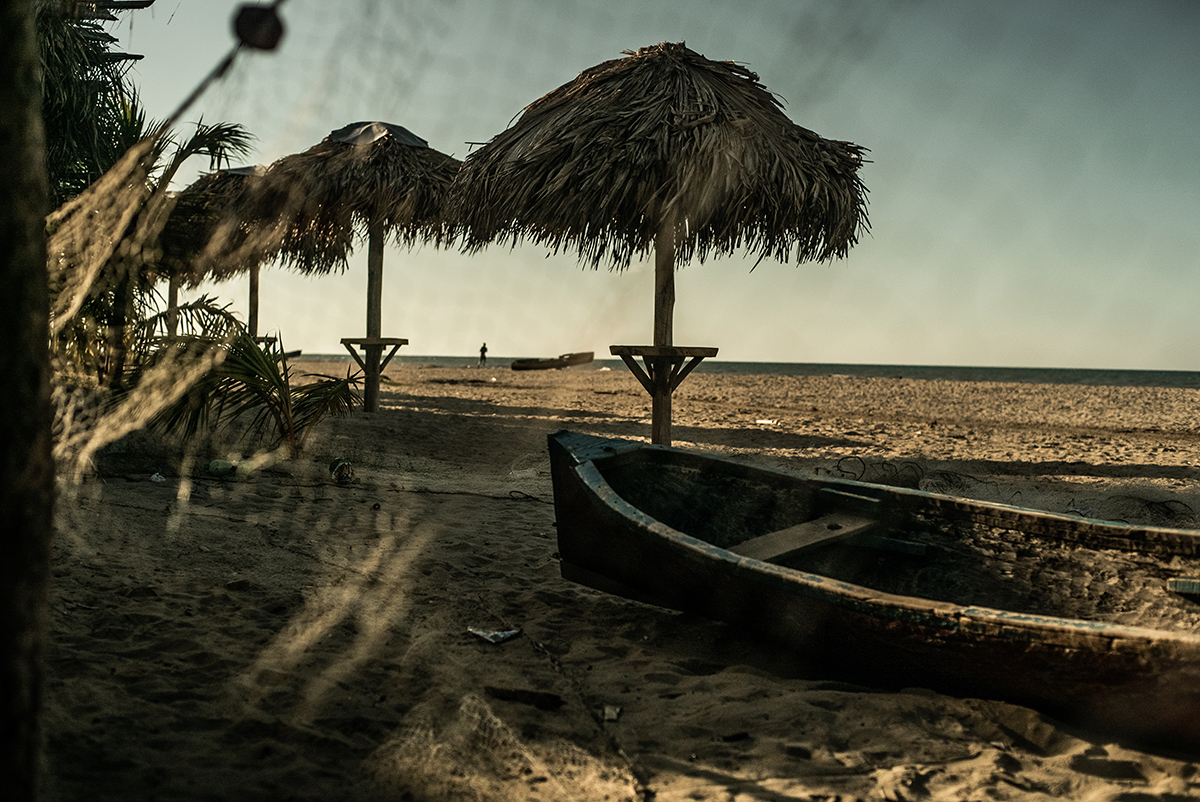
Twelve years later, in 2015, the Inter-American Rights Court issued two rulings on Garifuna cases. The court found the Honduran state responsible for violating the Garifuna’s collective ownership rights and not affording them due judicial protections. They affirmed the importance of free, prior, and informed consent, and ordered reparations including a public statement of responsibility, collective land ownership titles, and future protections for ancestral lands.
These verdicts set important legal precedent in Honduras. For other indigenous communities in the region who have been displaced by corporate or state development, the court’s rulings are a first step toward just reparations. For OFRANEH, the victory means their assistance is in high demand.
“We are now being sought for help, precisely because of this experience,” says Miriam. “Other organizations and communities want OFRANEH to take their case to the commission.”
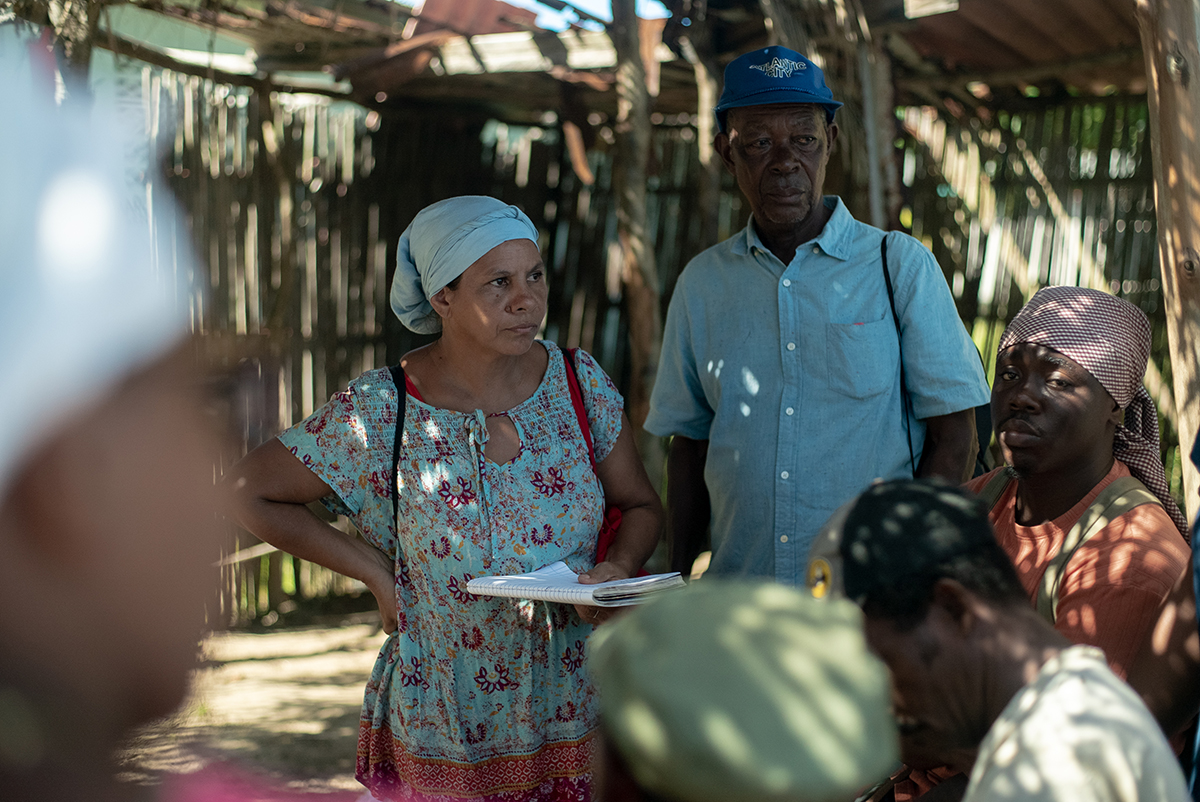
Since 2013, the Fund has supported the life-changing work of OFRANEH. Beyond annual grants and strategic assistance, the Fund also helps keep activists like Miriam safe.
“I have been kidnapped. I am being sued by the state, demanding that I am a terrorist and a criminal. In 2011, the police beat me,” says Miriam. “We need to continue fighting for life. The Fund hasn’t only supported the work we do, it has helped us in times of emergency. We have found a great alliance in the Fund.”
The Fund is proud to continue supporting OFRANEH as they build on these victories, making sure that more Garifuna communities can benefit from the hard-fought gains and preventing similar human rights violations on lands owned by indigenous communities. “Human rights mean defending the forest, the land, the sea, the rivers,” says Miriam. “We need to defend life.”


